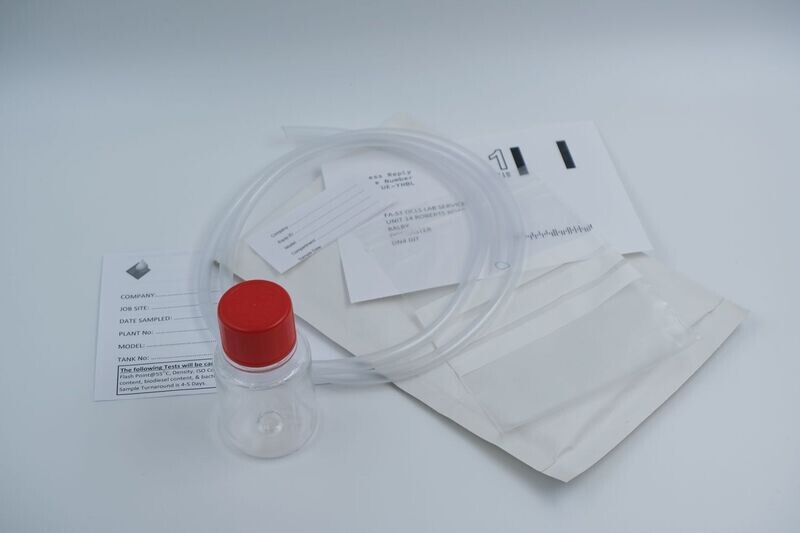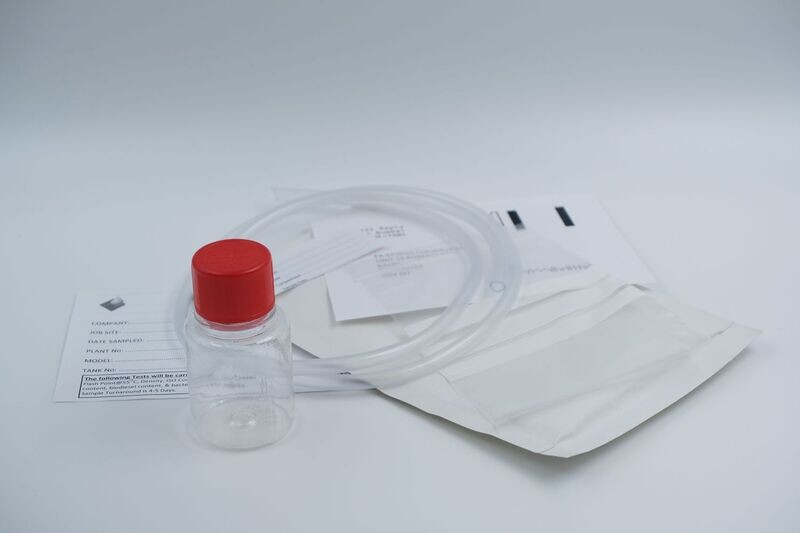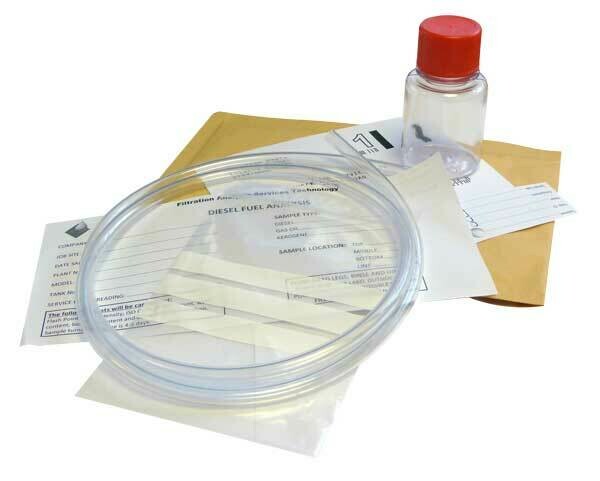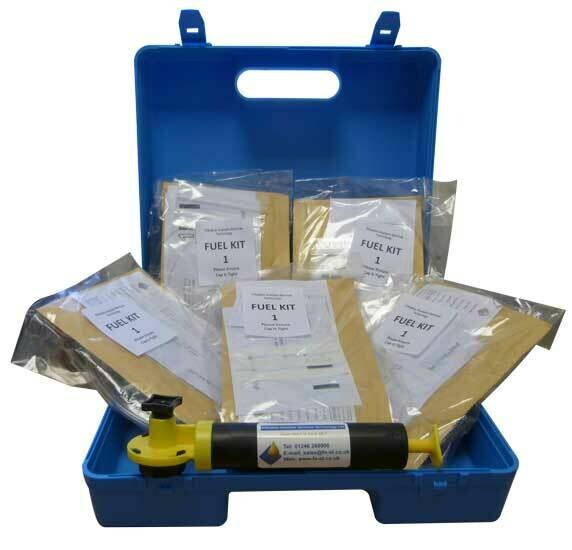Diesel Fuel Analysis
Our PRE-PAID Standard Diesel Fuel Analysis Kit includes essential components for a thorough analysis of your diesel fuel. It comprises a 60ml sampling bottle, tubing, a re-sealable poly bag for the filled bottle, equipment and bottle ID labels, a postal jiffy bag, and a PRE-PAID (UK Only) addressed postage label. The comprehensive analysis covers Flash Point, Density, FAME Content, Water Content, ISO particle count, and an incubation test for bug/bacteria/mould/fungus analysis.
The turnaround time for the analysis is typically 3-5 days from the receipt of the sample in our laboratory. We provide all analysis reports in PDF format via email. To ensure efficient processing, please provide your contact details and email address on the ID ticket. Trust FA-ST for a convenient and detailed diesel fuel analysis solution.












